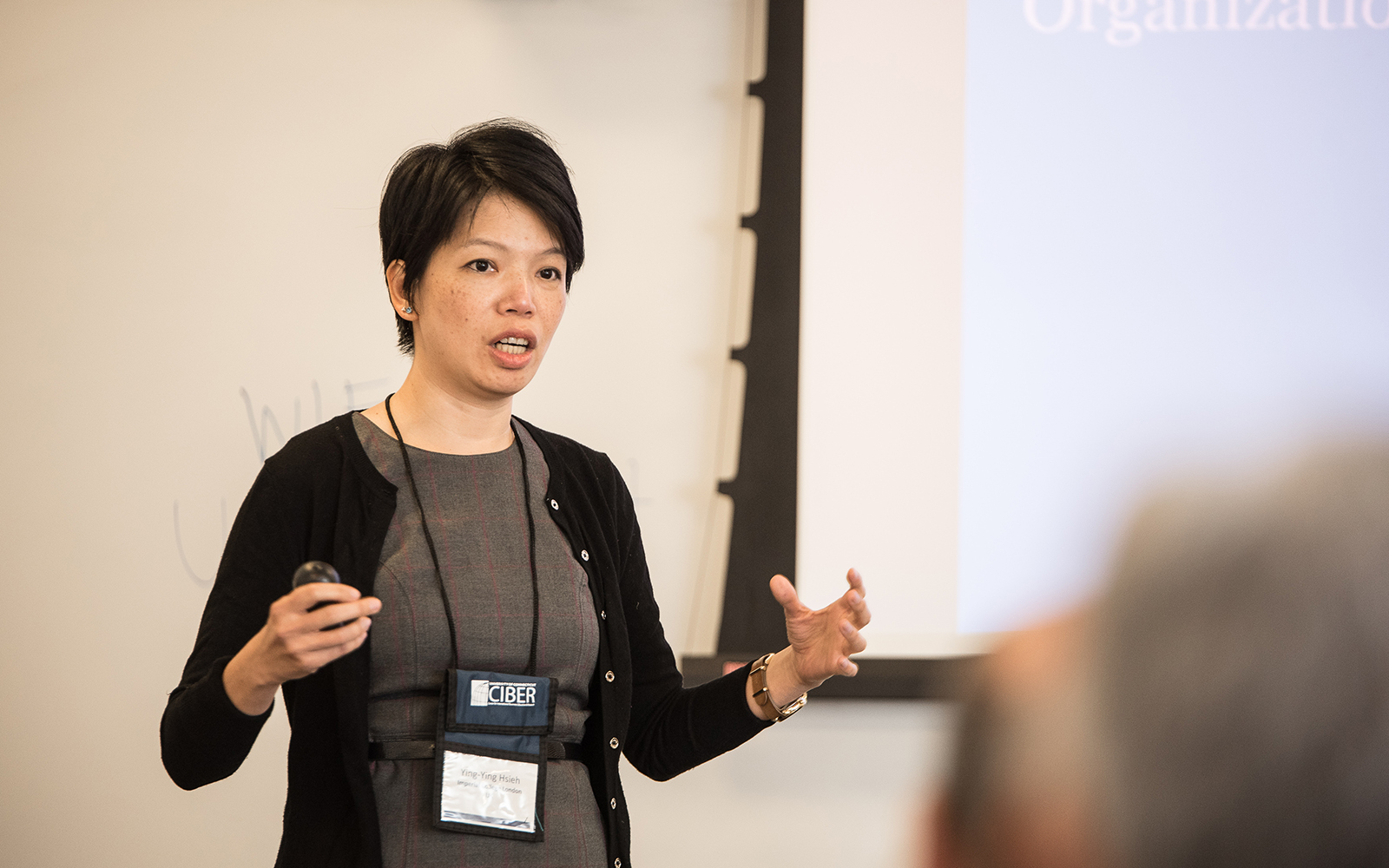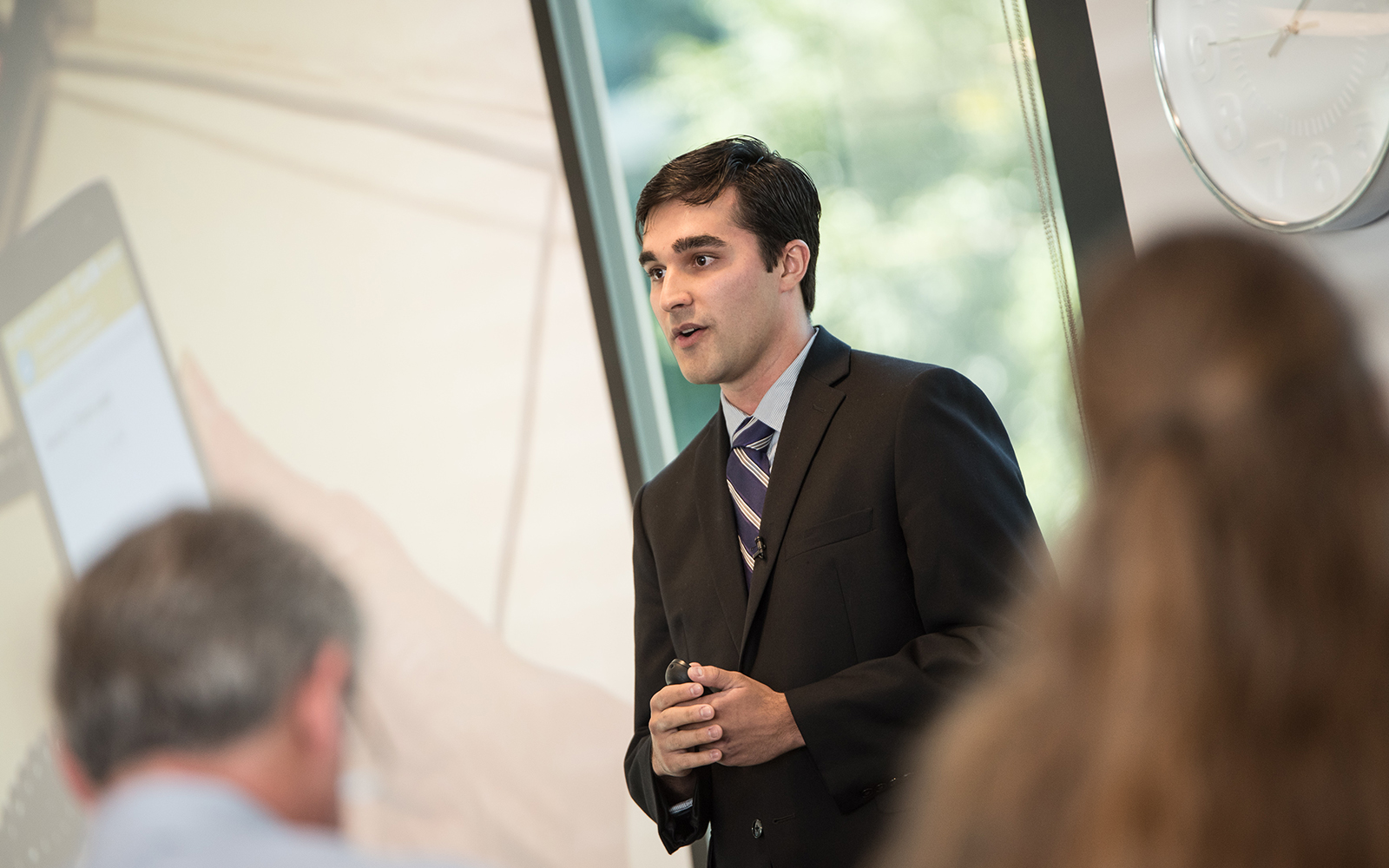
The Connecticut Center for Entrepreneurship & Innovation (CCEI) recently announced a research seminar series aimed at furthering professorial interest and expertise in entrepreneurship and innovation.Continue Reading
Innovation
UConn Fuels Insurtech Boom with Innovative New Program

When Hartford Innovation Places announced a plan to make the state capitol a center for the burgeoning insurtech industry, professor Timothy Folta, faculty director of the Connecticut Center for Entrepreneurship and Innovation (CCEI), was listening very carefully. Continue Reading
UConn Prominent in Stamford Innovation Week 2018

The UConn School of Business will bring top experts to present three timely and cutting-edge programs as part of Stamford Innovation Week (SiW), running Sept. 14 through 23 throughout the city. Continue Reading
UConn Spinout Wins NIH R&D Grant for Artificial Salivary Gland
Stamford Innovation Week: Cultivating Unexpected Opportunities for Growth
Spoke– The region’s most enterprising minds will gather at venues across the city September 13-23, 2018, for Stamford Innovation Week (SIW), an event series designed to connect entrepreneurs, tech talent and investors to create unexpected opportunities for growth.
Stamford Innovation Week launches Sept. 13
UConn Engineering and Connecticut Innovations Bridge the Gap Between Entrepreneurial Success and Failure
UConn Presents First-Ever Blockchain Symposium

More than two dozen researchers from around the world gathered at UConn’s Stamford campus last week to discuss one of the hottest topics in business:
How will the powerful and quickly-emerging Blockchain technology revolutionize businesses, both within organizations and between them? Continue Reading
UHart, UConn set to launch insurtech curriculum
CCEI Fellowship Program Features Top Entrepreneurs

It is a great thing to be an entrepreneur; it is even better to be an entrepreneur who can make a difference in the world. Continue Reading